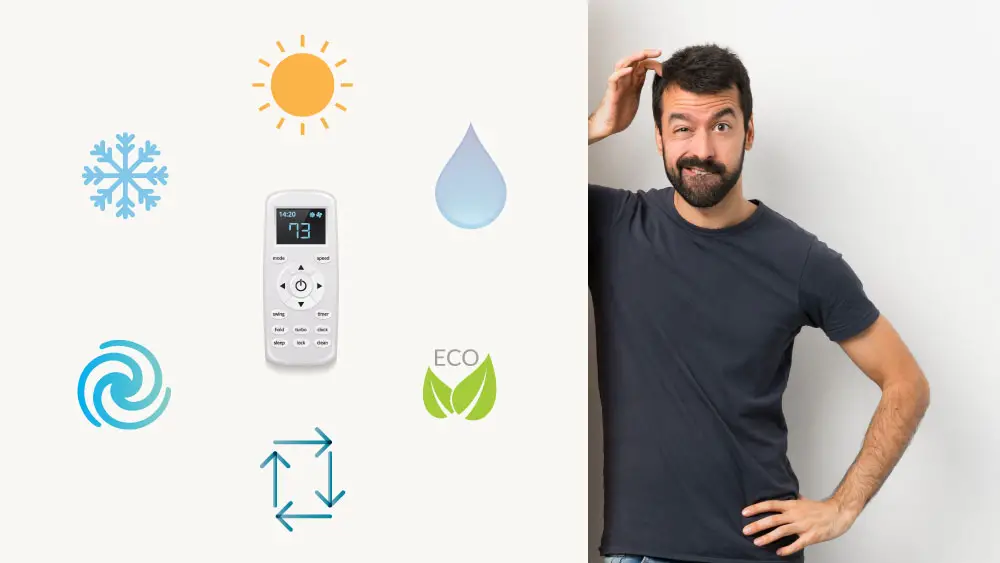When it comes to maintaining a comfortable indoor environment, an essential component of any HVAC (Heating, Ventilation, and Air Conditioning) system is the air conditioner. Air conditioners play a crucial role in regulating temperature, humidity, and air quality within a building or a home. In this article, we will explore the functions, types, and benefits of air conditioners in HVAC systems.
Functions of Air Conditioners in HVAC
An air conditioner is designed to provide cooling and dehumidification, ensuring a comfortable and healthy indoor environment. In an HVAC system, the air conditioner works in conjunction with the heating and ventilation components to maintain optimal temperature and air quality. The primary functions of air conditioners in HVAC systems include:
- Cooling: Air conditioners are responsible for removing heat from the indoor air, thus lowering the temperature to a comfortable level.
- Dehumidification: By extracting excess moisture from the air, air conditioners help in controlling humidity levels, which is essential for indoor comfort and preventing mold and mildew growth.
- Air Filtration: Many air conditioning systems are equipped with air filters that capture dust, pollen, and other airborne particles, improving indoor air quality.
Types of Air Conditioners
There are several types of air conditioners commonly used in HVAC systems. The choice of air conditioner depends on factors such as the size of the space, climate conditions, and energy efficiency. The main types of air conditioners include:
| Type | Description |
|---|---|
| Central Air Conditioning | A whole-house cooling system that distributes conditioned air through ducts and registers. |
| Split System Air Conditioner | Comprises an outdoor unit with a compressor and condenser, and an indoor unit containing the evaporator coil. |
| Window Air Conditioner | Designed to fit in a window opening and cools a single room or small area. |
| Portable Air Conditioner | Can be moved from room to room and typically vented through a window. |
Benefits of Air Conditioners in HVAC
Integrating air conditioners into HVAC systems offers various benefits that contribute to the overall comfort and wellbeing of occupants. Some of the advantages of air conditioners in HVAC include:
- Enhanced Comfort: By maintaining a consistent and comfortable indoor temperature, air conditioners contribute to a pleasant living or working environment.
- Improved Air Quality: Filtering out dust, pollen, and other pollutants, air conditioners help in creating a healthier indoor atmosphere.
- Humidity Control: Controlling humidity levels not only enhances comfort but also prevents moisture-related issues such as mold and mildew growth.
- Energy Efficiency: Modern air conditioners are designed to be energy-efficient, reducing electricity consumption and operating costs.
- Temperature Regulation: Air conditioners play a vital role in maintaining an optimal temperature for electronic equipment and sensitive materials.

Credit: www.amazon.com
Conclusion
Air conditioners are indispensable components of HVAC systems, providing cooling, dehumidification, and air filtration to create a comfortable and healthy indoor environment. Understanding the functions, types, and benefits of air conditioners is essential for designing and maintaining efficient HVAC systems in residential, commercial, and industrial settings.
Whether it’s central air conditioning, a split system, or portable units, the right air conditioner can make a significant difference in indoor comfort and air quality.

